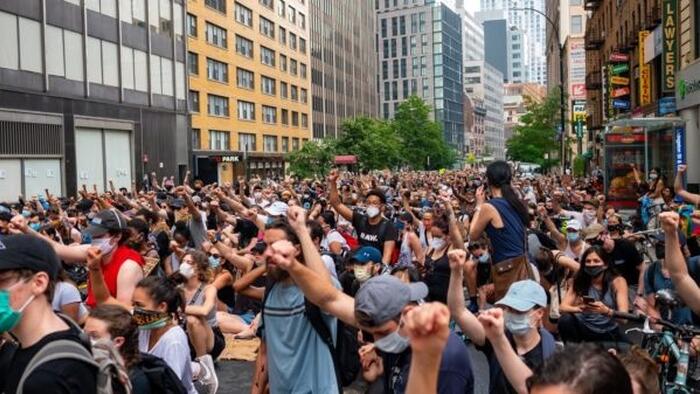In the realm of political maneuvering, Donald Trump has mastered the art of unpredictability, leveraging it to keep his adversaries off balance. His tendency to assert control over his narratives has created an environment where his opponents are constantly guessing his next move. Trump positions victory in the upcoming election as not just a goal, but a form of revenge against those he perceives as having wronged him through legal challenges and perceived deep-state tactics. According to senior Trump advisor Brian Hughes, the former president aims to restore governmental institutions to their original purpose of safeguarding the liberty and well-being of American citizens. This rhetoric, however, is often met with skepticism from the political left, who interpret Trump’s statements through a lens of deceit, disregarding the transformation he references as potentially sincere.
Trump has suggested that potential retribution for perceived injustices is certainly on the table if he wins the election. He has highlighted alleged wrongdoings involving President Joe Biden and his family, referencing dubious financial connections to entities in China, Russia, and Ukraine. His statements about utilizing the justice system post-election give the impression of a calculated approach where he not only contemplates retaliation but hints at the moral justification for such actions given the contentious legal landscape he has navigated. However, it’s important to note that Trump has carefully phrased his comments regarding what he “could” do rather than what he “would” do, leaving room for interpretation and continuing the cycle of speculation around his intentions.
The concept of lawfare—using legal institutions for political purposes—has seen numerous attempts against Trump that have been criticized as weak and politically motivated. Legal analyst Jonathan Turley has scrutinized cases like the one initiated by Manhattan District Attorney Alvin Bragg, who has been accused of bending legal definitions to pursue cases against Trump. The convoluted nature of the charges has even drawn disapproval from liberal legal commentators, suggesting that the tactics employed to undermine Trump’s standing may ultimately backfire. Such dubious legal strategies only serve to strengthen Trump’s resolve and provide him with a narrative of martyrdom against a politically weaponized justice system.
Reflecting on past controversies, Trump has highlighted his decision during the 2016 election cycle to refrain from pursuing legal action against Hillary Clinton, despite calls from his supporters to do so. He believed that imprisoning the former first lady would negatively impact the image of the presidency and the nation. This restraint illustrates a strategic choice on Trump’s part, where he opted for a long-term vision rather than momentary triumph. However, in the current political climate, Trump’s rhetoric suggests that he feels a shift in the balance of power is necessary. He appears ready to proactively address grievances that have festered during his time out of office, transforming his potential responses from mere wishes to manifest intentions.
Despite a history that includes moments of restraint, Trump’s current stance is a stark contrast. Now, he seems emboldened to instill a sense of apprehension among his opponents, signifying a departure from any inclination toward conciliatory measures. The proposition of significant reforms in government procedures appears to lie at the heart of his emerging strategy, hinting at sweeping changes that could undermine the liberal agenda. For Trump, the notion of retaliation is less about personal vendettas and more about instilling a profound reformation within the political landscape—a restructuring he deems essential in a post-election scenario.
In summary, Trump’s intricate dance of unpredictability, calculated rhetoric, and potential for retribution constructs a complex tableau of American political dynamics. His narrative not only serves to provoke his adversaries, but it also sets the stage for a potential overhaul of existing governmental mechanisms. As he heads into the election cycle, the calculated moves he makes and how they are interpreted by both his supporters and detractors will significantly influence the scope of political discourse in the upcoming years. The interplay between personal grievances and broader institutional reforms will define both his campaign and his potential presidency, promising a seismic shift in how American governance could operate.

